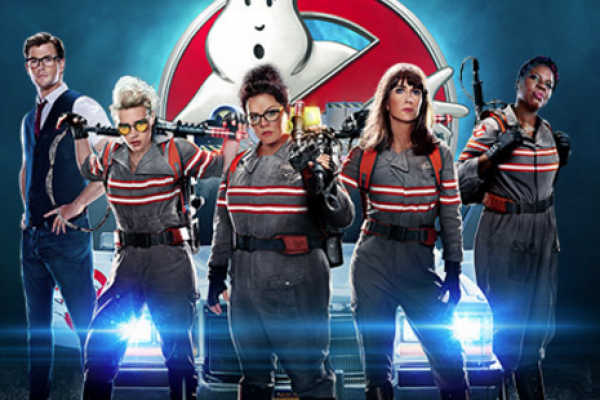Jul 18, 2016
One of the original film’s strengths was its distinct, fully-formed personalities of its characters, as was getting to watch those personalities bounce off each other. And that was what made the idea of an all-female remake so intriguing, particularly since McCarthy, Wiig, Jones and McKinnon are all superb comedians
Read the Full Article

Already a subscriber? Login
